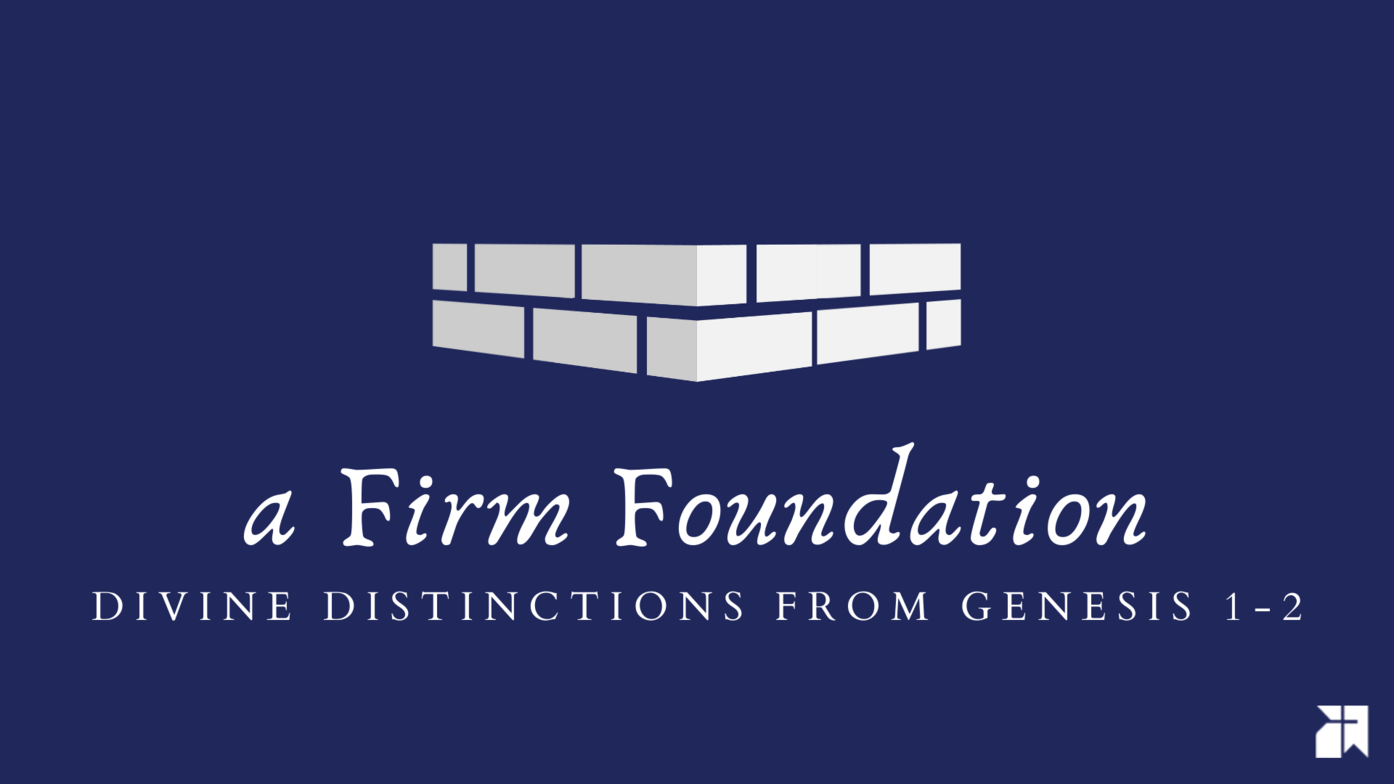
One of the most important building blocks for a biblical worldview is understanding the distinction between humans and the rest of creation. Humanity is made in the image of God (Genesis 1:26-27, 5:1-2, 9:3-6). Understanding this distinction helps us put the rest of creation in proper perspective.
This does NOT mean Christians don't care about animals or nature. Having dominion does not give us permission to mistreat or abuse the created order. C.S. Lewis put it this way, "Man was appointed by God to have dominion over the beasts, and everything a man does to an animal [we could add, or anything else in creation] is either a lawful exercise, or a sacrilegious abuse, of an authority by Divine right." [1]
But it DOES mean we don’t value animal life above human life. The most extreme backlash to the deaths of beloved animals like Cecil the Lion and Harambe the gorilla caused harm to image-bearers of God! You can mourn the loss of a lion or a gorilla if you want to, but you can’t tell the humans involved in their deaths to “rot in hell.” Yet that’s exactly what happened.
You can love your dog, your cat, your goldfish, etc. But you dare not treat them with greater respect than you treat the person who cuts you off on the highway or votes differently than you.
Putting creation in perspective means we don’t value the environment above human life. In a sermon recently I mentioned the “Birthstrike” movement. It’s a rapidly growing movement among young women who refuse to have children until the climate crises is resolved.
If you think this is some sort of fad, you’re wrong. Way back in 2003 I had a conversation with a roommate in college. He was about to get married and I asked him if he and his fiancée were hoping to have kids. He said no for this very reason. Just a few months ago, a reporter for Vogue basically apologized for having a child, calling it “pure environmental vandalism.” [2]
After the sermon when I mentioned “Birthstrikers,” I talked about this a bit more with one of the young men in the church. He asked a great question: “are women really valuing planet life more than human life if they refuse to have kids due to climate concerns? Couldn’t it just be responsible thinking, refusing to bring a child into a world filled with so much suffering?”
I told him the problem was their assumptions. They believe a healthy planet is better than a suffering human. But that’s not true. Humans are made in the image of God!
None of this means that Christians cannot or should not take steps to steward the environment well. But we cannot do so in a way that demeans or devalues human life in any way.
The distinction between humanity and every other created thing puts the rest of creation in perspective.
[1] C. S. Lewis, The Problem of Pain, First HarperCollins Edition (New York: Harper Collins, 1996), 142.
[2] Nell Frizzell, “Is Having A Baby In 2021 Pure Environmental Vandalism?,” British Vogue, April 25, 2021, https://www.vogue.co.uk/mini-vogue/article/having-a-child-sustainable.
